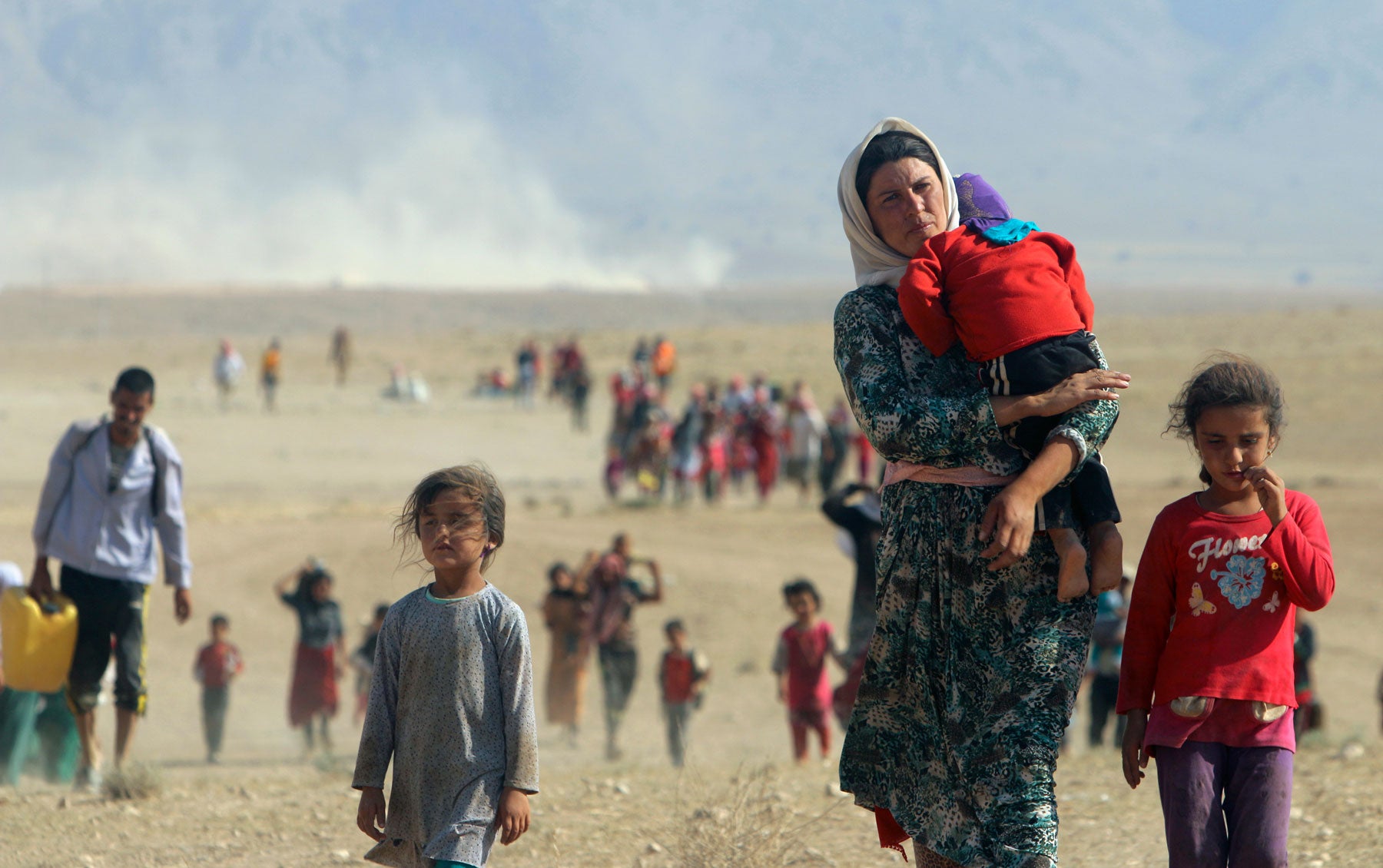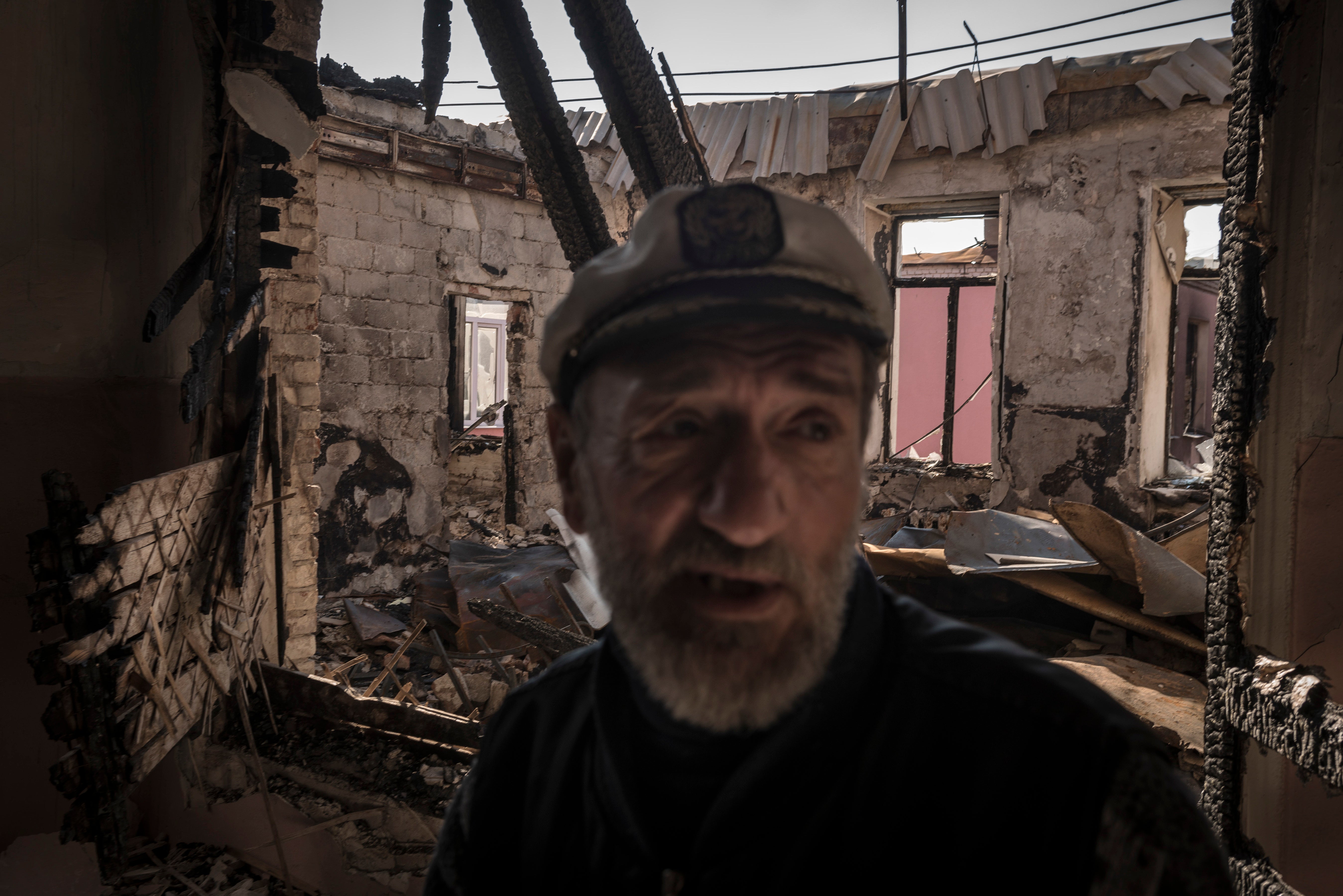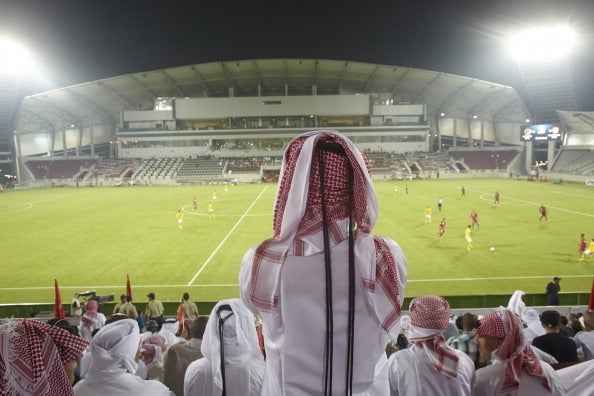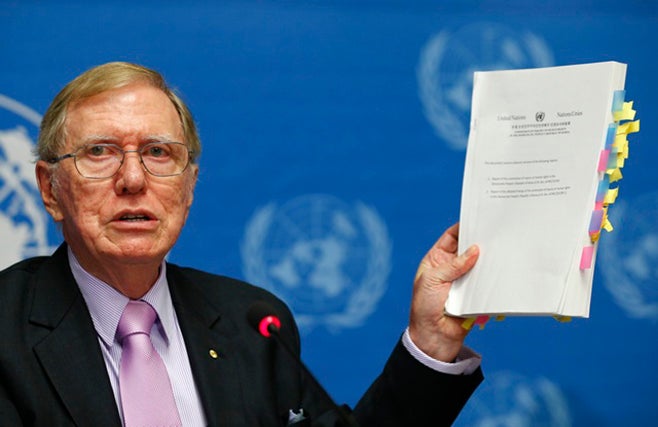The government’s inability to address critical socio-economic and political rights issues such as unemployment, corruption, and threats to freedom of expression remains a concern for many South Africans. In May 2014, President Jacob Zuma and the African National Congress (ANC) won a second term in office, but the majority victory was marred by the report of the public protector, Thuli Madonsela, accusing the president of misusing state funds for a security upgrade to his private residence in Nkandla, Kwa Zulu Natal.
South Africa also largely failed to utilize its membership at the United Nations Human Rights Council to support resolutions that would have helped the promotion and protection of human rights in various countries, most notably in North Korea, Syria, Sri Lanka, and Iran.
Police Conduct
Serious concerns remain about the conduct and capacity of the South African Police Services (SAPS), both in terms of the use of force in general, as well as the ability to deal with riots in a rights-respecting manner. The police lack proper equipment and training to quell riots which often leads to the use of excessive and disproportionate force.
In 2014, incidents of police violence were reported in Mothutlung in Brits, North West province, Relela in Kgapane, Limpopo province and Bekkersdal in Gauteng province. In January 2014, police killed three people during a protest over lack of water in Mothutlung.
In March 2014, the Independent Police Investigation Department launched an investigation into a video that showed an incident of police officers assaulting, stripping, and humiliating a man before dragging him on the sidewalk into a police van during an apparent arrest in Kensington, Cape Town. The officers were later arrested and charged with assault with intent to do grievous bodily harm.
Inquiry into Killing of Marikana Miners
Hearings by the Farlam Commission into the deaths of 44 people, including the police killing of 34 miners between August 11 and 16, 2012, continued throughout the year. Those called to testify before the commission included Deputy President Cyril Ramaphosa and the National Police Commissioner Riah Phiyega. The commission has faced significant delays due to loss of vital documents (including video evidence), the death of witnesses, and a legal battle over state funding for lawyers representing the families of the miners killed, injured, and arrested. In September, the president extended the term of the commission to March 2015.
Refugee, Asylum Seeker, and Migrants’ Rights
In August 2014, the Department of Home Affairs announced the creation of the new Zimbabwean Special Dispensation Permit of 2014 (ZSP), to replace the 2009 Dispensation of Zimbabweans Project. In a move that grants further protection to Zimbabwean nationals who received permits under the previous dispensation, the ZSP will allow permit-holders to live, work, conduct business and study in South Africa, for the duration of the permit, which is valid until December 31, 2017.
However, concerns remain about the treatment of migrants, refugees, and asylum seekers by government officials from various departments. The right to access health care services is constitutionally guaranteed for everyone living in South Africa, and by the National Health Care Act and the Refugee Act. But local nongovernmental organizations expressed concern that many asylum seekers were denied access to health care services as officials were not aware that asylum seekers were entitled to health care.
On June 19, 2014 security officials and police used excessive force to control a crowd of foreign nationals who were attempting to renew their permits at Marabastad reception office in Pretoria. Security officials and police attacked the unarmed crowd with whips and pepper spray.
On August 28 2014, the Gauteng High Court ruled in favor of the the South African Human Rights Commission, People Against Suffering, Suppression, Oppression and Poverty (PASSOP), and 39 individuals who were detained in Lindela Repatriation Centre. The court found that the actions of the Department of Home Affairs and the minister in detaining migrants for over 120 days at Lindela were unlawful and unconstitutional. The High Court declared that individuals detained there had been inhumanely treated, and that officials had failed to follow fair and legal procedure by detaining individuals for longer than 30 days without the necessary warrant of a magistrate permitting extended detention.
In September 2014, the South African Human Rights Commission found that the government had violated the right to health of detainees at the Lindela Repatriation Centre. The commission’s investigation found that there was a lack of provision for tuberculosis testing and isolation of infected persons, and psychological care; lack of tetanus vaccines; and overcrowding in rooms, among other concerns, in violation of South Africa’s Regulations to the Immigration Act and the right to health care under the South African constitution.
Xenophobic Attacks on Foreign Nationals
Continued incidents of violence against foreign nationals and looting of foreign-owned shops in 2014 highlighted the government’s inability to address the root causes of xenophobia. In June 2014, bands of local youths attacked Somali shopkeepers in Mamelodi East, Pretoria. Two Somalis were killed and around 100 men, women, and children fled their shops and homes. No one was held accountable for the attacks.
Sexual Orientation and Gender Identity
South Africa continues to play an important but inconsistent role in advancing the human rights of lesbian, gay, bisexual, and transgender (LGBT) people internationally. For example, South Africa was reluctant to publicly condemn the introduction of anti-LGBT laws in Uganda, Nigeria, and the Gambia. At the June 2014 session of the United Nations Human Rights Council, South Africa inexplicably supported a regressive resolution called “Protection of the Family” that brought into question its commitment to gender equality and the rights of lesbian, gay, bisexual and transgender people. Not only did South Africa vote in favor, but it also supported an aggressive move by Russia to shut down discussion of more inclusive “family” language.
Despite taking the initiative at the UN Human Rights Council in 2011 by tabling a precedent-setting resolution on human rights, sexual orientation, and gender identity, South Africa stalled in supporting a follow up resolution that called for bi-annual reporting on human rights abuses against LGBT people. South Africa eventually voted in favor of the resolution in September 2014.
On the domestic front, South Africa has taken positive steps in responding to widespread violence (including rape and murder) against lesbians and transgender men in the country. In an important move in April 2014, the Department of Justice and Constitutional Development launched a public campaign which includes a national intervention strategy to address anti-LGBT violence and strengthen institutional responses to LGBT hate crimes, violence, and discrimination.
Foreign Policy
South Africa’s inconsistent foreign policy once again came to the fore in 2014. While the country regularly supports and mediates an end to conflicts on the continent, it has proved reluctant to protect the rights of victims at the UN Human Rights Council, and at times has taken decisions that contradict its human rights principles.
In February 2014, Zuma appointed Deputy President Cyril Ramaphosa as special envoy to South Sudan in a bid to help resolve the conflict in the country. Ramaphosa was also appointed special envoy to Sri Lanka. South Africa was also quick to try and mediate the political crisis in Lesotho following an aborted coup there. In August, at the annual summit of heads of state of the Southern African Development Community, South Africa was appointed to sit on the Organ on Politics, Defense and Security, a crucial role in ensuring stability in the region.
In an example of its contradictory stance, in September 2014, the South African government denied the Dalai Lama a visa to the country for the third time in five years and presented no valid reasons for doing so. The Dalai Lama had beendue to attend the 14th World Summit of Nobel Peace Laureates in Cape Town.
At the UN Human Rights Council, South Africa is a strong supporter of the council’s engagement on issues like racism and the council’s action on the Occupied Palestinian Territories. It has also participated actively in the Universal Periodic Review process, a review of the rights records of all UN member states. However, its voting record on country specific situations and some rights issues has been considerably disappointing. For example, at the March 2014 session, South Africa sought to weaken a resolution on the right to peacefully protest jointly with Russia, Ethiopia, Saudi Arabia, Egypt, and China. It also took negative stances on other rights issues.
Contrary to its stance in repeatedly supporting resolutions on Palestine, it abstained on the votes of all other country situations, including on North Korea, Syria, Sri Lanka, and Iran. Despite country resolutions playing a key role in shedding light on abuses and giving a stronger voice to victims, South Africa has justified its actions by arguing that it does not support the council’s work on country-specific situations because such measures and resolutions are perceived as highly politicized and divisive.
South Africa has firmly supported the establishment of the International Criminal Court and has been a key supporter of international justice. But in recent years it has often failed to use its influence to stand against impunity for human rights violations. In June 2014, South Africa supported an amendment to a protocol creating an African Court that provides for immunity from prosecution for serving heads of state and senior government officials, including war crimes, crimes against humanity and genocide.
In a landmark judgement, judges of the South African Constitutional Court unanimously ruled that the South African Police Service must investigate crimes against humanity perpetrated in Zimbabwe in 2007. The case was brought by the Southern Africa Litigation Centre and the Zimbabwean Exiles Forum to compel South Africa to abide by its domestic and international legal obligations to investigate and if appropriate prosecute Zimbabwean officials accused of crimes against humanity.





